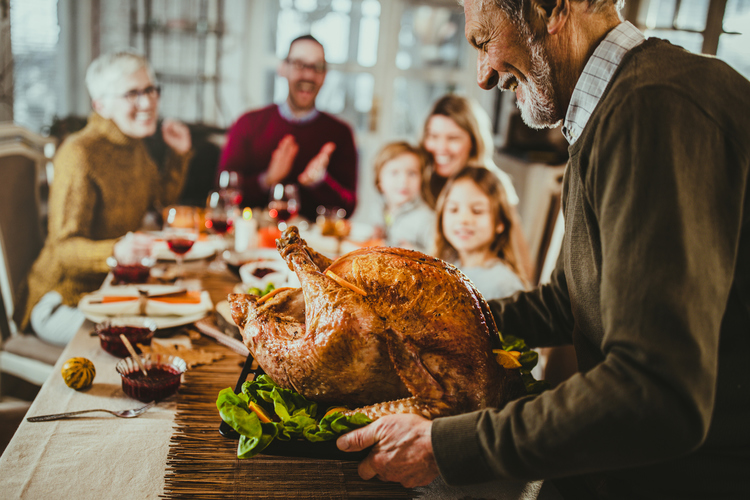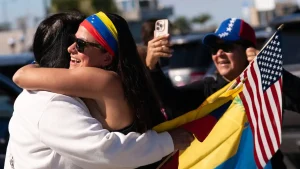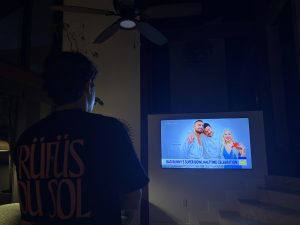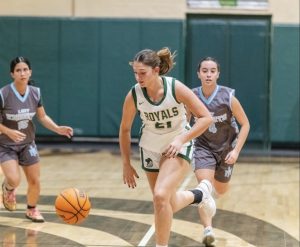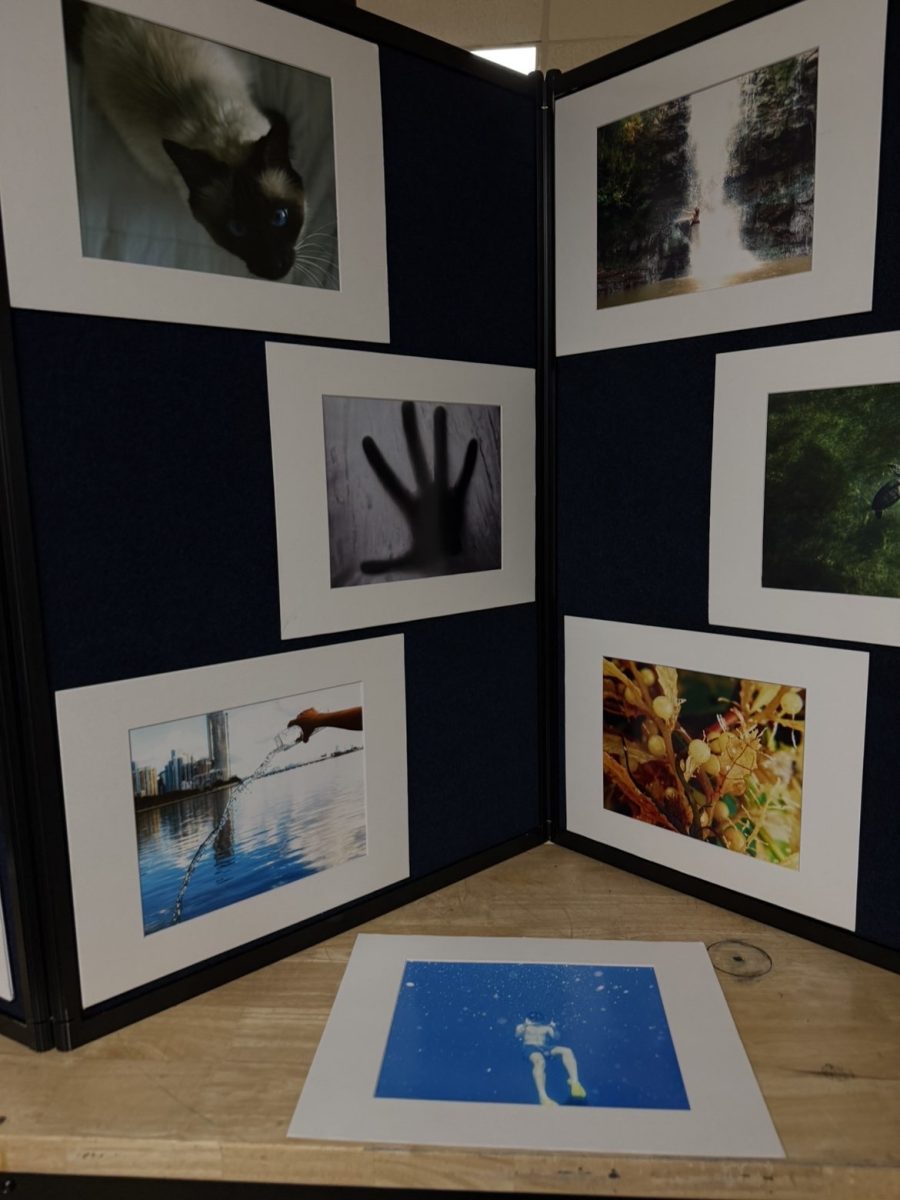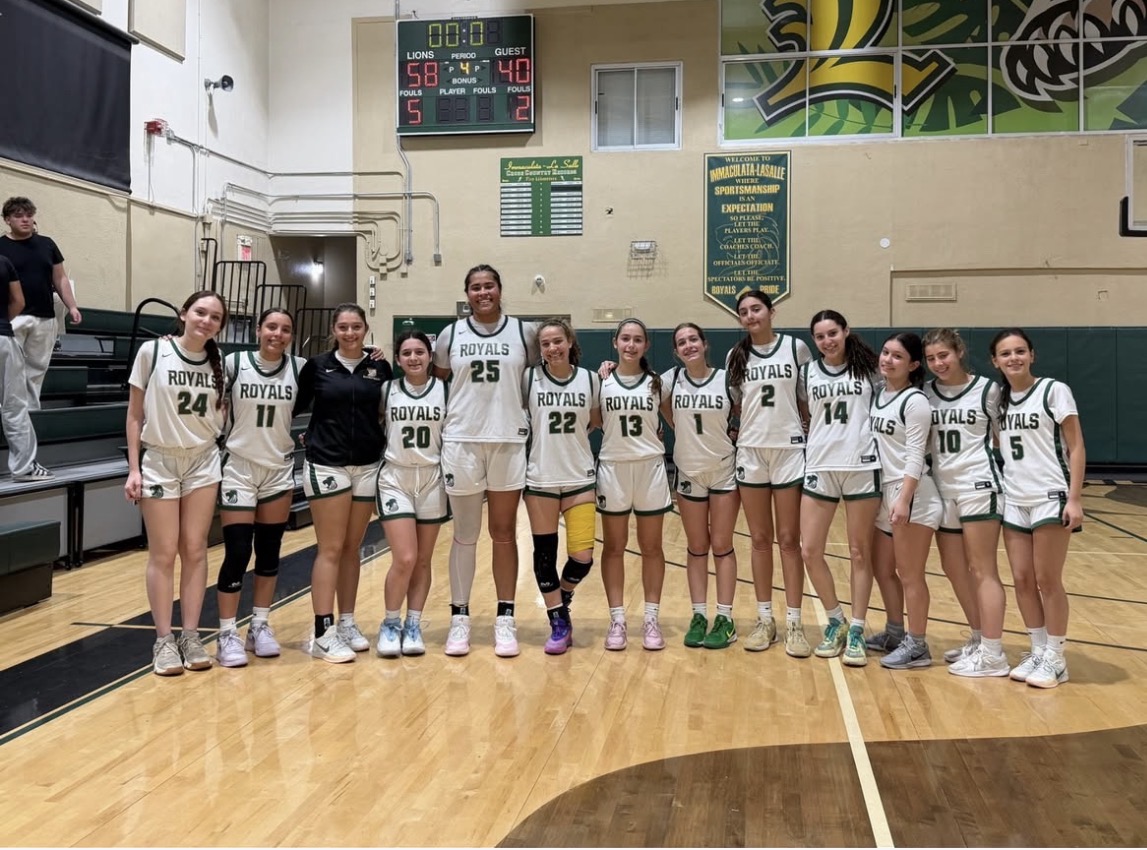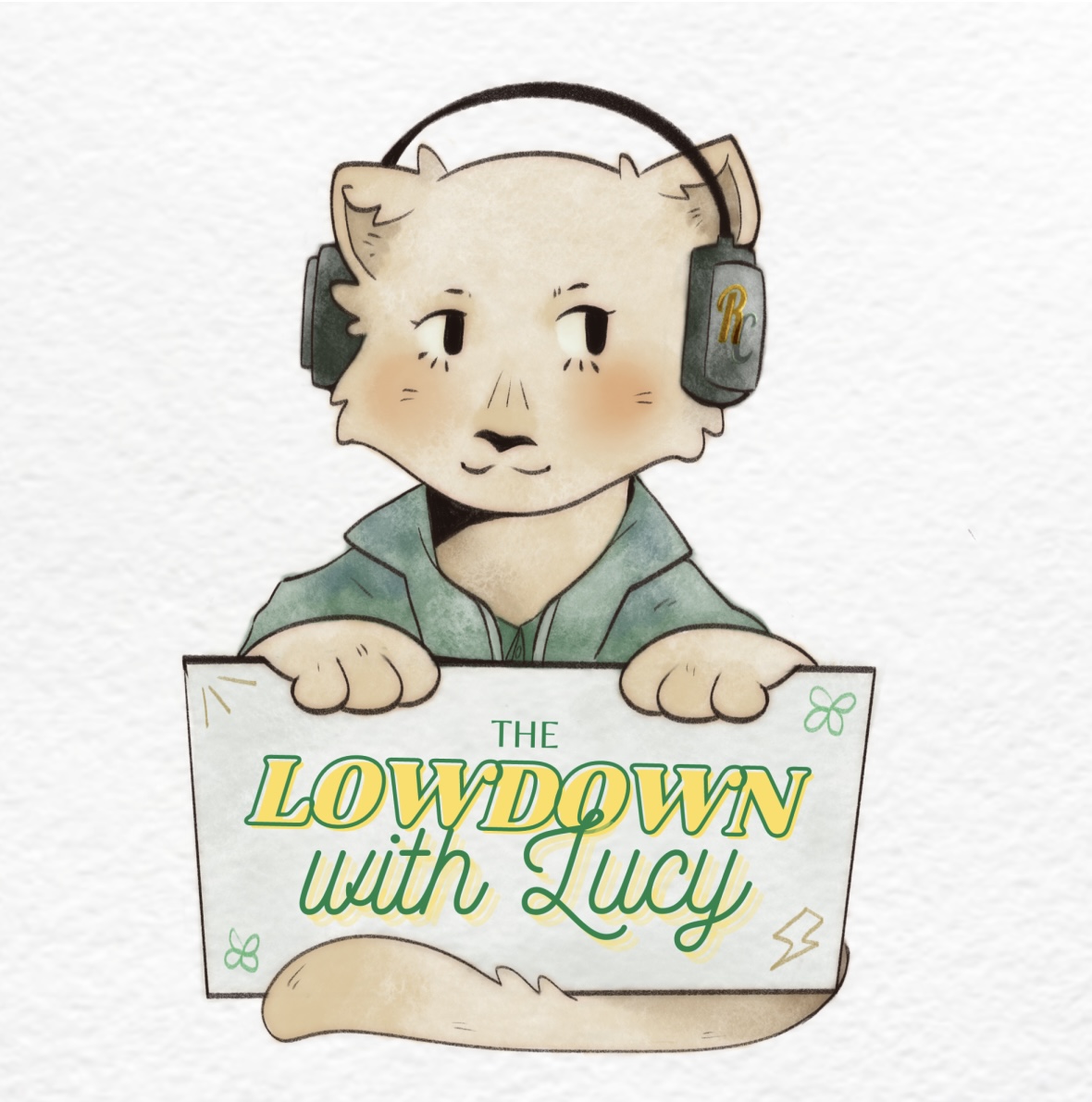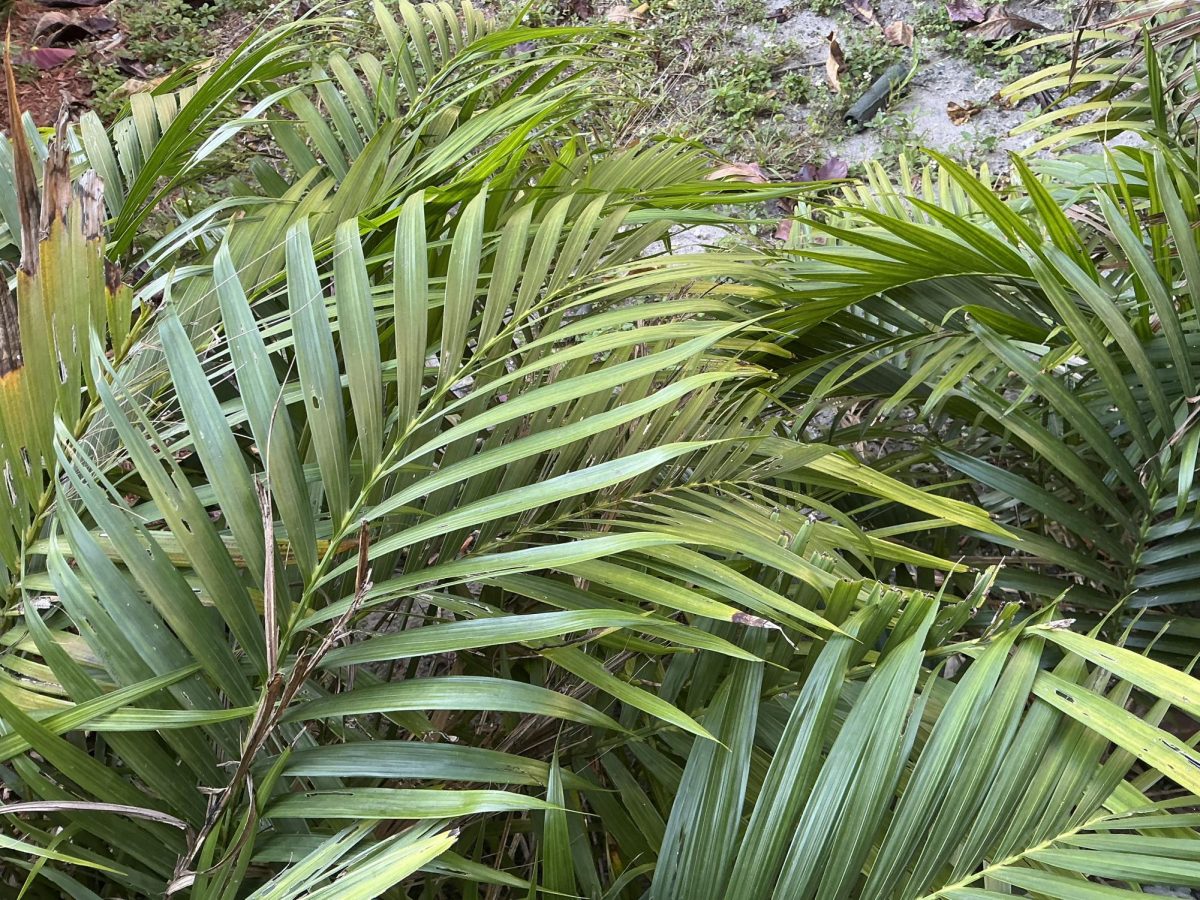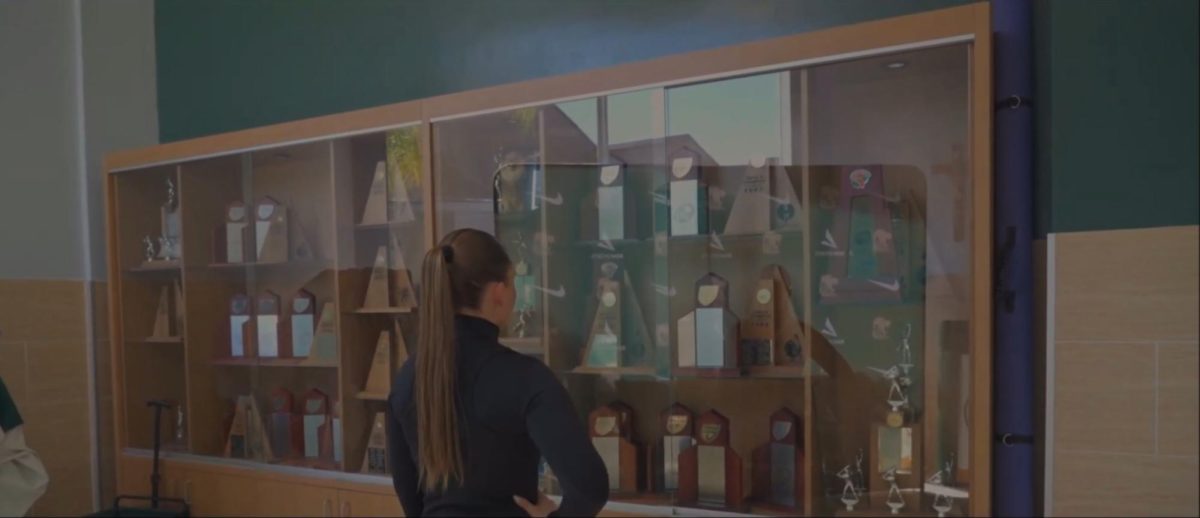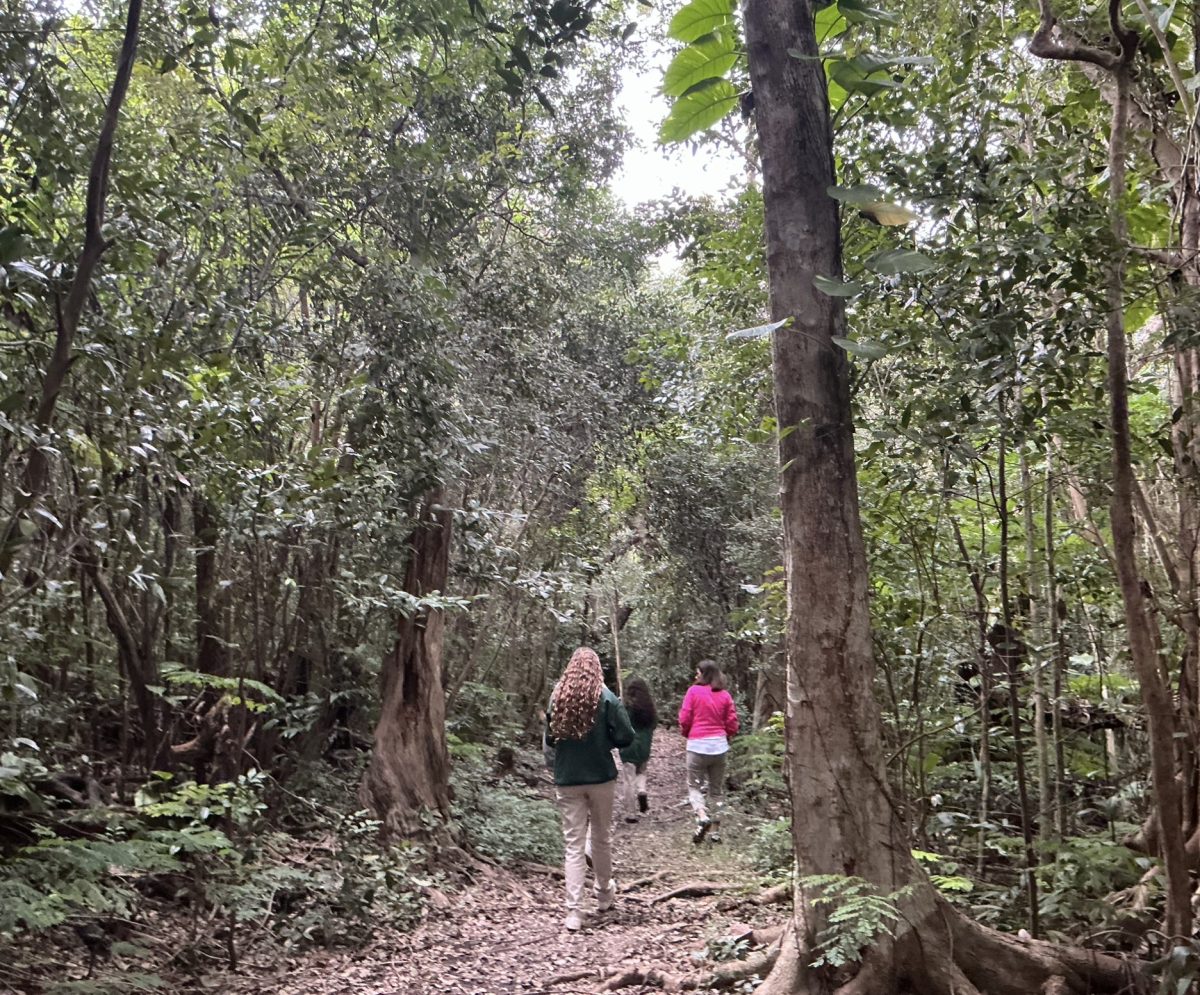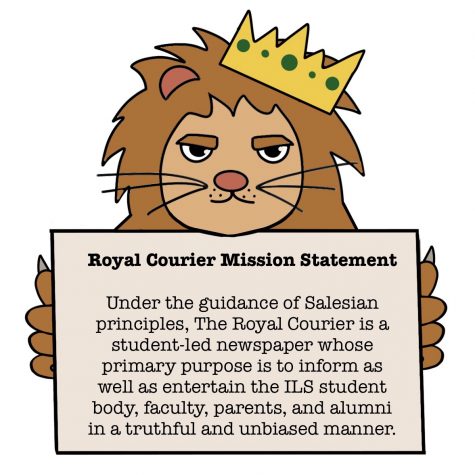Thanksgiving Then and Now: 1621-2021
November 16, 2021
A lot of us probably know Thanksgiving as that holiday that often gets looked over in favor of Christmas, right after Halloween. While that is proven to be truer and truer every year, Thanksgiving (remarkably to some), has its own long history. One that goes all the way to when the US was like, one colony. And barely even that. One that you probably mostly know because you did lots of activities about it in elementary school, but that I will briefly share anyway. And at the end I’ll probably talk about how it affects our lives today in 2021.
That being said, the first recorded Thanksgiving feast happened in Plymouth in 1621. It was shared between the few surviving Plymouth colonists (the ones who didn’t freeze or starve to death) and the Wampanoag tribe in the area. Now, their menu for the meal looked very dissimilar to ours. According to history.com, the pilgrims and Native Americans indulged in swan, seal, and lobster meat, among other items.
Astonishingly, and also according to history.com, a member of the Abenaki tribe who spoke English met the colonists once some of them were brave enough to tread ashore. He later brought back the now famous and renowned Squanto (from the Pawtuxet tribe) to the newcomers. Prior to being in the Plymouth area, history.com tells that Suqanto had been taken hostage by a sea captain and sold into slavery in England. He escaped to London and came back to his homeland in the “New World,” hence his knowledge of the new settlers and of the English language. As you probably already know, Squanto (rather generously and kindheartedly, honestly) taught the colonists how to properly grow corn, get maple sap, fish, and avoid poisons in the new area. He also acted as a liaison in helping the settlers become allied with the Wampanoag who they would come to share the first Thanksgiving with.
Let it be noted that this alliance, according to history.com, “tragically remains one of the sole examples of harmony between European colonists and Native Americans.”
That noted now, go back to 1621 again, after the first (successful) corn harvest was cultivated. This feat was appreciated by governor of the time, William Bradford, who those of you in APUSH probably know way too much about.
Anyway, it was he who organized the meal with their new Native American allies, and who invited those Wampanoag people (including their chief at the time, Massasoit) in what was probably a gesture of celebratory gratitude. These colonial folks celebrated for three days, and probably didn’t call the feast “Thanksgiving,” but in the US, we regard this event as the first one.
One pilgrim chronicler named Edward Winslow recorded many of the events of that time, and if you’re interested, you can read his notes on this history.com article.
This was in 1621. Now, in 2021, tons of things have changed. For starters, the U.S is probably one of the most culturally diverse countries in the world, which means lots more people are celebrating Thanksgiving, bringing their own culture into the meal and holiday as well as mixing it with a few “American” traditions. If you told a pilgrim or Native American that in 1621, they would probably be flabbergasted. While it’s true that many people do not even celebrate the holiday, it’s important for those of us who do to remember what it’s all about. Thanksgiving is a day to give thanks for all our blessings in our lives. It’s a time to come together with our families or other loved ones, and to appreciate them. It should be a day to focus on the positives!
Another thing that we as Americans need to remember on Thanksgiving is the role of the Native Americans, not only in the holiday but also in the history of this country. We are indeed dining on their ancestral land, and we do indeed owe a lot to them, especially those like Squanto, who were very generous. Thanksgiving should also be a time to learn about and respect the many incredible and diverse cultures represented in the U.S today, and how they shape the country.
One thing that’s remained the same from 1621 to 2021 is that Thanksgiving is a holiday to give thanks and be happy, and to enjoy some good food and good times with good people. So, happy Thanksgiving ILS!
To learn more about the history and evolution of the Thanksgiving holiday, click this article by the History Channel (mentioned above as well).


